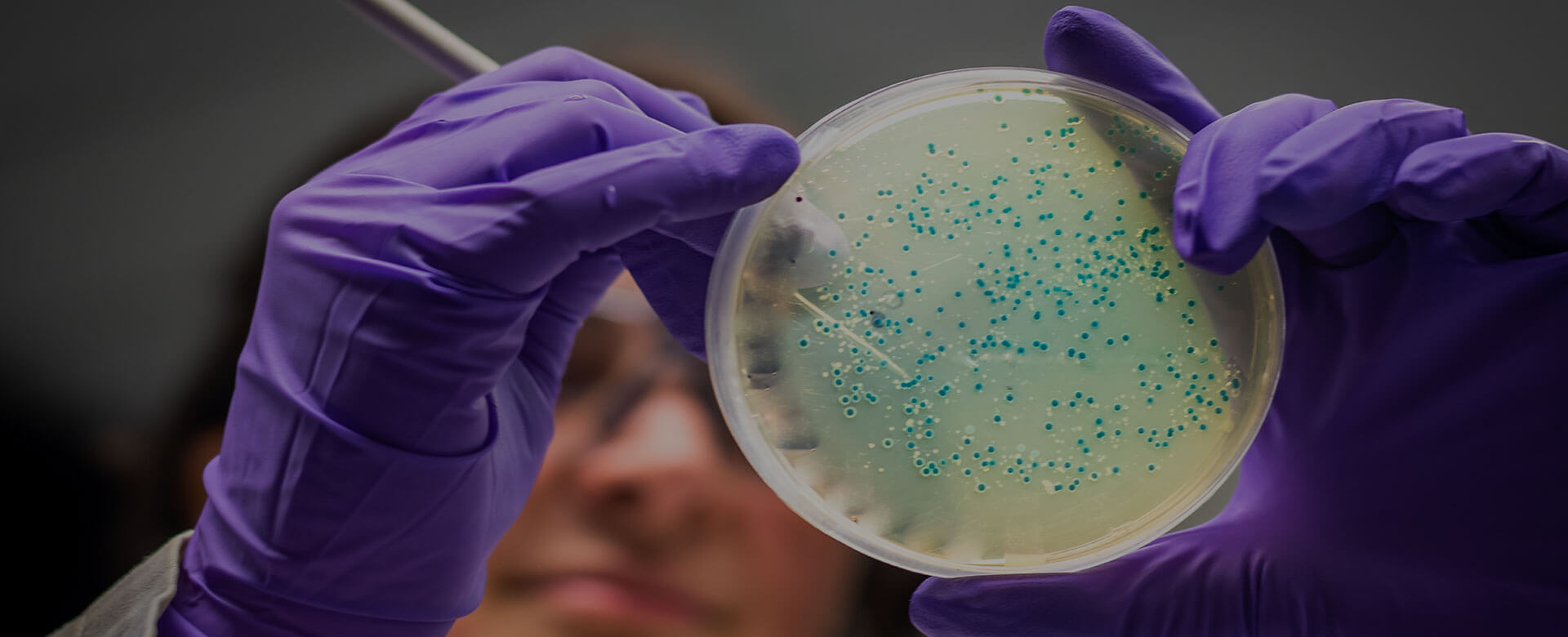The microbiome can be an efficient weapon against cancer, and therapies allowing gut flora changes might become more and more common anticancer treatments. The topic was at the center of the debate during the 2021 virtual meeting of the American Association of Cancer Research (AACR). Experts talked about preclinical and clinical studies that provide evidence that specific microbiota changes can positively influence the response to anticancer treatments.
The role of the microbiota in cancer
Human microbiome is formed by all the genes of the microbiota, the community of microbes that lives in our organism. Gut microbiota, which inhabits the intestine, is the most known and studied population. However, microbes also live also in other body districts, such as the skin and the vagina.
Since its discovery, studies on microbiota functions and health effects thrived, and its role in cancer development emerged. Sometimes, the link is based on the presence of a single species; for example, stomach cancer is associated with Helicobacter pylori, bladder cancer with Salmonella enterica typhi, colorectal cancer with Bacteroides fragilis, and liver cancer with Helicobacter hepaticus. Other times, more general microbiota features are involved, such as microbe density near mucous membranes.
Besides the ones already mentioned, other cancers associated with microbiota are prostate cancer, breast cancer, sarcoma, lymphoma, pancreatic cancer, and ovarian cancer. During the AACR meeting, experts stated that the presence of microbial DNA in the DNA is predictive of 33 cancers, and that at least 20 microbial biomarkers are associated with colorectal cancer.
The microbiota and anticancer treatment
Microbiota changes can transform patients from unresponsive to responsive to anticancer treatment. Moreover, modifying microbial flora can reduce drug toxicity and influence survival.
In particular, the richness in some bacteria (among others, Akkermansia, Bifidobacterium, and Faecalibacterium) is predictive of the response to immunotherapy. On the other hand, antibiotics usage (which alters the microbiota by killing several microbes) soon before or during immunotherapy inhibits treatment response in non-small cell lung cancer, renal cell carcinoma, and melanoma.
«We now know that bacterial-mediated interactions with the immune system are essential for optimal drug efficiency», Siew C. Ng, of the Microbiome I-Centre of the Chinese University of Hong Kong, said. «The right microbiome can create a favorable tumor microenvironment to overcome cancer and treatment resistance».
Microbiome analysis in cancer prevention and treatment
Today we can discover the composition of our microbiome with a simple and painless test: MICROBALANCE by Bioscience Institute. The sample is harvested at home and sent to Bioscience laboratories, where it is analyzed via the most advanced technologies for DNA sequencing, to identify the microbes in the microbiota.
For more information about MICROBALANCE and to discover how to order the sampling kit, please contact us at +971 (0)4 375 722 or visit our website.
References
- BioPharma-Reporter.com. Changing the paradigm: Microbiome modulation may become the next “pillar” in cancer treatment.


